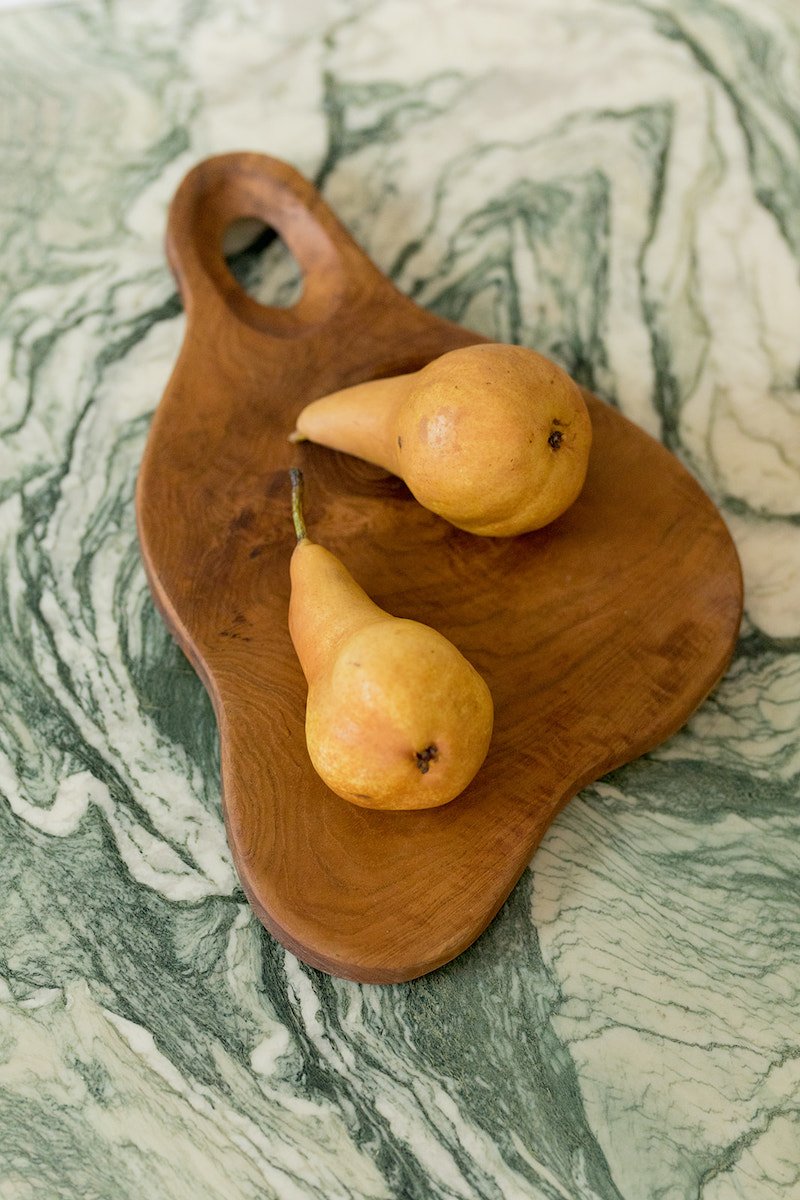
Being Diagnosed With Lupus Forced Me To Finally Slow Down
This essay was reader-submitted for our Reader Essay Series on themes of motherhood, mental health, and personal transformation.
A Year of Rest and Awakening to the ‘Maarte’
It’s 6:00 am and I hear the usual sound of my dog, Bao, a tri-colored Corgi, whimpering a few inches away from my face. Every morning just before my alarm rings, Bao is eager (and demanding) to herd me downstairs for his first meal of the day. And every morning I always have some excuse for him to wait for me to get up from bed. “30 more minutes PLEASE BAO!” I plead in exasperation. He grunts and lays back down next to me. I like to think my dog respects me enough to listen.
I listen to a guided meditation to help ground me for the rest of the day. After a year of being on disability, recovering from a serious flare-up of my lupus, and a mental breakdown triggering my PTSD, I’m gradually easing back into a new normal, balancing multiple priorities on a daily basis. A return to me, but wiser and more polished. A recovering people pleaser who’s practicing how to put her needs first, this new beginning to start my life anew has granted me the ability to become fully cognizant of my needs, limitations, and self-worth.
“My body is fighting a war every day.”
I hop out of bed and take my first dose of daily medication. A year of rest allowed me the time to get back into a steady daily routine and a key part of achieving that was through consistent management of my disability. I don’t look like I’d have any kind of permanent impairment by the way I appear but in reality, my body is fighting a war every day. I move through my days slowly now, a flow state, so that I can sustain my energy to be productive.
*
From the moment I started my first job at 16 years old as a hostess at Chuck E. Cheese to working in communications for a global grassroots movement, I never really knew how to rest. But then, in my 30s, I was diagnosed with lupus nephritis. The autoimmune disease causes my immune system to attack itself. Lupus nephritis is inflammation in the kidneys that can make them stop working. When the kidneys aren’t functioning well, waste builds up in the blood and extra water increases in the body, which can cause swelling (in my feet, ankles, and face), high blood pressure, and gastrointestinal issues. Other symptoms I experience are skin rashes, usually on my face, hair loss, brain fog, and extreme fatigue, which can trigger anxiety and depression.
“The transition from able-bodied to disabled was jarring and abrupt.”
The transition from able-bodied to disabled was jarring and abrupt, and the diagnosis changed my entire life trajectory. Throughout my 20s, I lived a fast-paced life working long hours as a communications strategist at nonprofits, being involved in my community as an organizer, and cultivating creative projects as a cultural worker. I had created a life dedicated to service. It wasn’t until I went through my healing journey and reconnected with my inner child that I learned my need to be constantly busy was a trauma response to growing up in an emotionally unstable environment. Through developing my lupus and recognizing the generational pattern of autoimmune diseases in my family, I was finally able to see how generational trauma was manifesting in my body. Sickness lays dormant in the soul until it reaches the cyclebreaker in the family lineage, and that person has no choice but to take the risk of ending the cycles of trauma.
*
Over the last few years of adjusting to lupus, I have at times needed assistance to have my basic needs met. On the days I’ve struggled the most, I barely have enough energy to move from my bed to the bathroom, let alone bathe. Cooking can be laborious, and I’ve often defaulted to prepackaged meals because I’ve been too fatigued to cook anything elaborate.
Sitting up to focus on any activity, like watching TV or reading, easily gives me brain fog, leaving me little time and energy to think critically. It is humbling to experience the limitations of your body. It’s a reminder of how finite your energy really is. Self-care has become an act of self-preservation.
And so while I spend the morning working, by lunch, I’m already spent from using up my energy to think. I work part-time running digital communications for an advocacy nonprofit and I am grateful that my new employer understands my unique needs as a disabled person. Cognitive dysfunction like brain fog and fatigue is a daily occurrence for spoonies like me but over time I’ve learned to embrace it. I think of my brain fog as a superpower, granting me the ability to be hyper aware of my bodily needs.
“My body does so much for me, she deserves to feel good.”
I eat a nutritious meal balanced with leafy greens and protein which keeps my kidneys happy. Working long hours in the past made me susceptible to eating processed foods causing me to be sick often. Now I make the time to thoughtfully prepare my meals. I munch on my food bit by bit, savoring every texture and explosion of flavor of the chicken salad I made. My body does so much for me, she deserves to feel good.
I work a few more hours, and by mid-afternoon, I close out my work tabs and breathe in a sigh of relief. Setting boundaries with work has been liberating. For the rest of the day, I switch gears and focus on a screenplay I’ve been working on. I answer a text from my post-production team on my last film project and thank them for continuing to keep the web series I created afloat—we’ve been making our way through the festival circuit, and I still have to stop and pinch myself that this is even my reality. The project has been a labor of love and I know it deserves its time in the spotlight, but I still wrestle with putting myself out there. To be fully seen feels uncomfortable and terrifying, certainly not something I am accustomed to as someone who has always put being of service before my own needs.
*
“Becoming disabled as an adult has necessitated that I come to terms with my mortality.”
Becoming disabled as an adult has necessitated that I come to terms with my mortality. I tell people often that I’m a “lola” or grandma in spirit, trapped in a body that is always on the edge of falling apart. What is rest when it’s always been my duty to be in service to everyone else’s needs?
To rest and to think of your needs before others has always been considered a selfish act in my culture. We use the word ‘maarte’ to describe someone who is “snobbish,” high maintenance, or someone who simply puts their needs before everyone else. It’s a derogatory term used with womxn who dare to prioritize themselves. Although the word has historically been weaponized to villainize and shame womxn, those of us in the diaspora have made efforts to reclaim ‘maarte’ as a term of empowerment and strength. To represent rebellion and challenge the status quo. It’s a term that many of us who actively work to decolonize ancestral trauma, wear proudly and unapologetically. A well-rested womxn can be a danger to society.
*
I am thankful for the life I get to live and I seize every opportunity in a day to build towards my future. I think this is what aging is– getting to a point in your journey where you’ve accumulated all the life lessons and then putting those lessons into practice. You know what you have to do to create the life you want and you’ll make the sacrifices necessary to get there. There isn’t a day that goes by that I don’t find deep appreciation for all the blessings that I’ve received.
“There is beauty in relishing the mundane.”
There is beauty in relishing the mundane. Being present for the simple pleasures of life reminds me there is much more to this path I’ve chosen than I can even see or imagine and that faith in the unknown keeps me grounded. At this stage of my life, I know exactly what I require to function and participate in a society that deems me disposable. I have purpose. My life is meaningful, and if that makes me ‘maarte,’ so be it.
Luann Algoso is a queer and disabled cultural worker. Her art practice is an embodiment and collaboration with the Babaylan spirit, connecting self with the collective to manifest new realities, bring balance to the Earth, and align with our Higher Selves.




